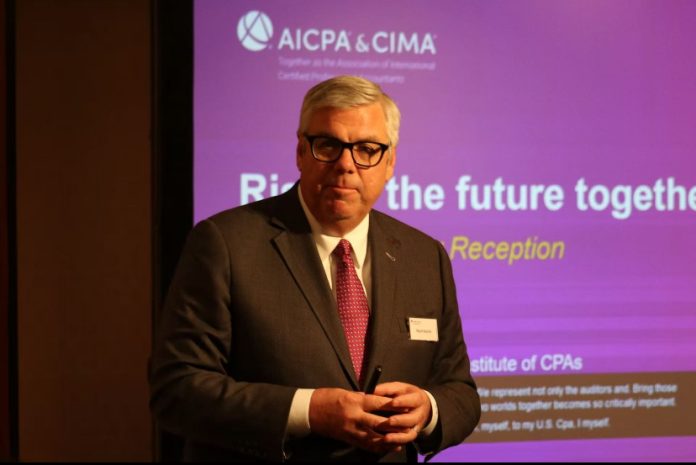Some private equity firms in the United States are telling their CPAs that they must remove their CPA designations from email signatures and even their LinkedIn profiles.
Firms with PE are adopting alternative practice structures, becoming effectively non-CPA firms delivering everything but audit and assurance.
However, these non-CPA firm use the same brand name as the old CPA firm.
A recent informal poll by AICPA’s Susan Coffrey, revealed 14% of CPAs had been asked to omit their credentials.
There is real concern that this trend will ultimately damage the CPA brand, and many CPAs are rightly angry.
CPA Blake Oliver said: “Some PE-owned firms are telling CPAs to remove their credentials from email signatures. Where does this stop? Taking our certificates off the walls? CPAs worked for years to expand our role, but now we’re being marginalized.”
Another said: “Hey kids, how about you invest five years in college, spend thousands of dollars on prep and exam fees, sacrifice sleep and friends and romantic relationships for two years and then you don’t even get the bragging rights? Sounds great doesn’t it! Oh and there’s no proper partner carrot either, best we can do is non-equity partner. Never thought I’d see the day that the CPA credential is widely treated like a shameful secret but here we are.”
Yet another suggested: “Seriously, CPAs should be embarrassed to work at PE firms. PE firms shouldn’t be embarrassed to have CPAs working for them. If you are a CPA working at a PE firm, or an accounting firm owned by a PE firm, please know that you can do better. You can do more with your life. You can do good.”
AICPA President Mark Koziel (pictured) said in a statement: “We support the use of CPA to everyone who has gone through the process of becoming licensed. As I’ve heard in my listening tour, the passion behind CPA is evident. The CPA and what goes with it – integrity, accountability, objectivity, competence – is the value that we bring to the market, to our clients and to communities. It’s what creates trust in firms of all business models, including alternative practice structures.”




